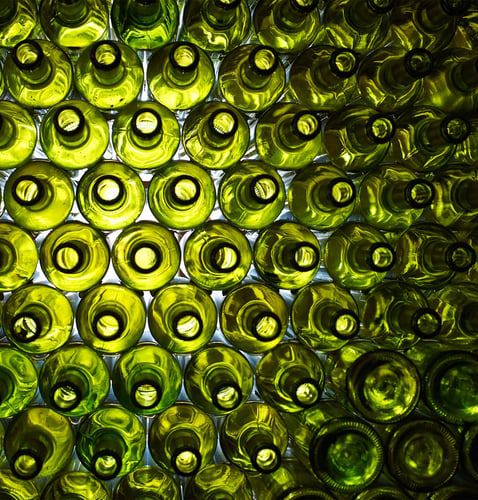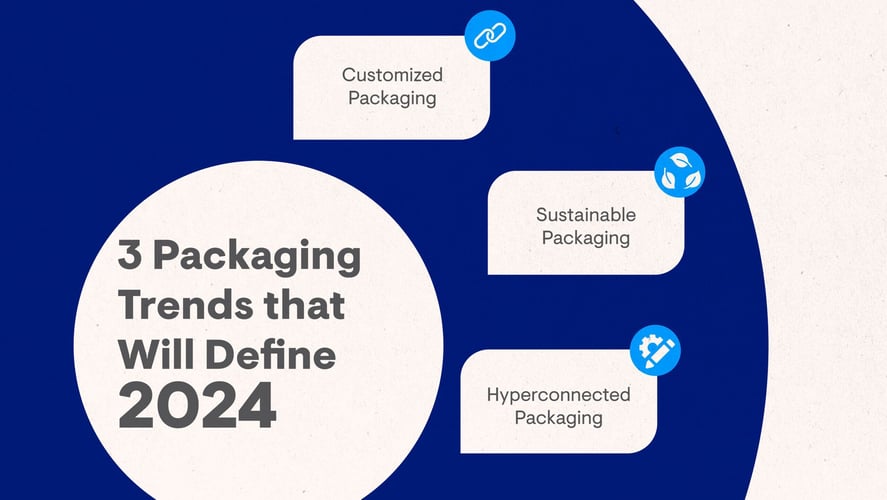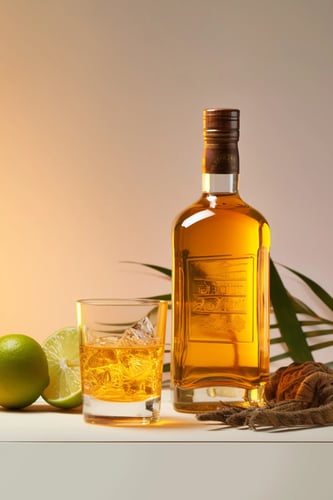The 3 most commonly used materials for manufacturing capsules

The creation of bottle capsules, also known as neck capsules, represented a significant milestone in the history of packaging. This innovation emerged as an effective solution to address the need to ensure the airtight sealing of bottles while simultaneously raising quality and safety standards in the packaging industry.
Bottle capsules have evolved alongside the liquor and spirits industry. Nowadays, in addition to providing airtight sealing to protect the bottle’s integrity, it’s a trend for capsules to serve an aesthetic function as well. They can be customized and specifically designed to add a communicative value to the bottle, helping consumers identify a brand, special edition, or additional information about the beverage, as they complement the label.
In this article, we will explore different types of capsules based on their manufacturing materials. We will also mention some successful cases achieved by our BPS Glass team.
Types of Capsule Materials
In the liquor and spirits industry, capsule types are classified based on their manufacturing material. Capsules for glass bottles can be made from a wide range of materials, each with unique characteristics. The most commonly used materials include:
- Plastic These are capsules made from PVC sheets. They can have matte, satin, or glossy finishes, and the top can have various types of reliefs. They are easy to apply and adjust to the bottle’s neck, resulting in a smooth and wrinkle-free final appearance due to their thermo-shrink properties. They are common in products like sodas, bottled water, and some liquors. BPS Glass has developed various plastic capsules; however, we can highlight those designed for Ron Diplomático Reserva ExclusivaThese are white PVC capsules printed in two colors, allowing the graphical elements on the capsule to stand out.
- Aluminum Popular for their elegant appearance and ease of customization, aluminum capsules can be manufactured in various dimensions and even in special formats. They can be printed in up to three colors with matte, satin, and glossy finishes, but they are known for their metallic appearance. They also have the option to include a tear-off system for easy opening.
- Tin Similar to aluminum, tin capsules can be made in various dimensions and special formats. However, they are often used in the high-end liquor and spirits industry. They provide a classic look and a tactile sense of quality. An example developed by BPS Glass is the capsules designed for Ron NativoThe most striking feature of this design is the engraved low relief that highlights the brand logo on the top, adding a touch of quality and distinction to the final product’s image.
It’s worth noting that material choice goes beyond functionality; its design becomes a key piece of the brand’s narrative, directly influencing how consumers perceive the packaged product’s quality.
Current Trends in Manufacturing Materials
Innovation in materials and designs continues to progress, with a growing focus on sustainability and reducing environmental impact. In this context, innovative materials like PET can be mentioned. Like plastic capsules, PET capsules can have matte, satin, or glossy finishes. They are easy to apply and adjust to the bottle’s neck. The main differentiating factor of this classification is its high recyclability since it’s widely accepted in recycling systems and can be reused to manufacture various products, contributing to sustainability.
Another innovative material is complex or polylaminate. Polylaminate capsules represent a significant evolution in the world of bottle caps, thanks to their ability to combine different properties and functions into a single material. Polylaminate refers to the combination of multiple layers of different materials into a single composite structure. This technique leverages the unique characteristics of each material to create capsules that adapt to each need, making them ideal for products where packaging is a distinctive feature.
In conclusion, bottle caps play an essential role in the packaging industry and the consumer experience, from ensuring freshness to protecting against unauthorized tampering. By choosing the right type of capsule and customizing its design, brands can enhance the presentation of their products and build a stronger connection with consumers.
Whether you’re launching a new product or refreshing your packaging design, our glass bottle customization service can create a unique and memorable experience for your customers. Contact us today for more information on how we can help elevate your product to the next level.



